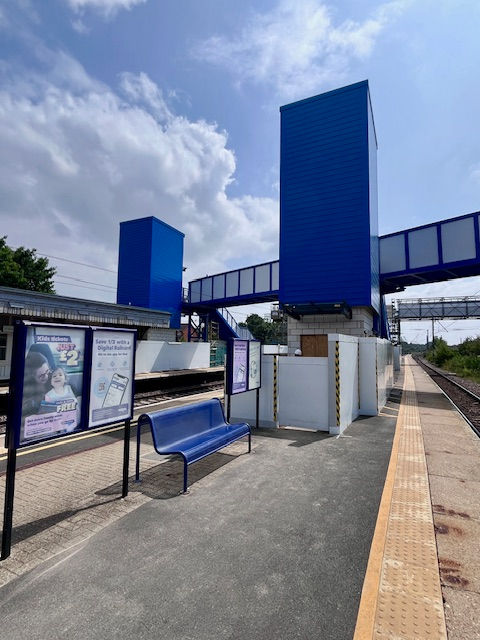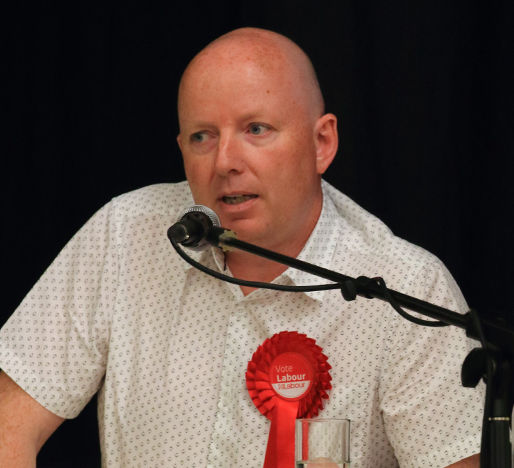It’s time to run public transport for the public
- Julian Vaughan

- Apr 11, 2024
- 3 min read
A frequent and accessible public transport system, with seamless links with other transport modes is vital, both for social inclusion, reducing loneliness, access to work and leisure and as part of our drive to reach net zero.
Therefore, I was delighted that around three years ago a transport interchange was announced for my local train station which would enable easy transfer from bus to train and vice versa. Ever since then, I have asked for the relevant bus and train companies to meet up with each other and coordinate their service to maximise the benefits of their services.
Now you may have thought that with around £3 million being spent on the bus interchange, and significantly more on the step-free access to the station, there would be a drive to coordinate bus services, and by association increase passenger numbers and revenues, for both the rail and bus company.
Well, not in the UK it seems. After three years of nagging, today I finally got the relevant rail and bus companies in the same room together.
I started with a short presentation on how the current bus services for my large village (population of almost 4,000) are not a viable option for either commuters (the nearest train station is a 40-minute journey into London) or leisure travellers. I then briefly set out how small changes to services could change this and how this would result in more sustainable travel choices.
The rail company representative then set out how rail timetables could not be changed to accommodate local bus services, due to the complexity of their services and the ripple effect of any timetable changes. Now, as someone who has over twenty years’ experience in the railway industry and who has dealt with timetable and rota changes in that time, I do understand how difficult this area is so I would agree that this is the more difficult one of the two modes to change. Further, the train services start-up earlier and finish later than the bus service, so it does fall to the bus companies to fit in with the trains rather than the other way round.
The bus company representative then set out how it would be virtually impossible to change the bus timetables to fit in with the rail timetables due to the complexity of their routes, and then stated that anyway they don’t have a lot of rail commuters on their services. You don’t say! I wonder why that is?
Now, from the latest data available, the particular route that I am discussing was provided with council subsidies of thousands of pounds in 2022/23. You would think that would give the council some leverage in requesting services that actually benefit their constituents, but it would seem this isn’t the case.
So, we have the completely bizarre situation where a rail and bus company, whose services criss-cross over each other (and for whom millions of pounds have been spent building an interchange) arrange their services without any thought on how they may link these services up. I asked if there had been any conversations between them regarding synchronising their services, particularly their first and last. Their answer was no.
I will give them some credit, they didn’t try and spin it – it was just a straight no.
This example, I am sure there will be many more examples across the UK, epitomises how broken our public transport system is. We have a public transport system run by private companies that fail to prioritise the needs of the public, and lack the drive or vision of what public transport needs to be like to address our social and environmental needs.
We need buses that take people WHERE they need to go, WHEN they need to go, linked up with rail services that are accessible to all.
It is clear that under the Tories there is no political will to provide this vision. The state of our public transport is the result of political choices. Fourteen years of a Conservative-led government has trashed our public services. A Labour government will take back control of our public transport system and put passengers and communities first.
Julian Vaughan
11th April 2024


Comments